“All things are poisons, for there is nothing without poisonous qualities. It is only the dose which makes a thing poison.”
What is the French Method of Aromatherapy?
When I was in Paris last summer I asked a pharmacist about the state of aromatherapie in her country. You see, I had read notes from colleagues that they were quite disappointed that so many essential oils had been removed from store shelves for general purchase in France and I wanted some clarification. The pharmacist carefully explained that consumers can purchase a variety of common essential oils for general use — in the bath, to scent a room, to take to the massage therapist’s, and so forth. And what about other ways to use essential oils in France? She kindly explained that other options are available, as follows:
- – In the event of the stomach flu a pharmacist can take a health history and make an oral medication for the patient without a prescription.
- – In the event of an infection the prescribing physician gives the patient the option to take a prescription for an antibiotic or aromatic médecine, both only available to fill at the pharmacy.
- – In the case of depression a patient may purchase over the counter Lavender (Lavandula angustifolia) pills and follow the package directions for this oral medication.
- – In the event of food poisoning or a hangover the pharmacist is happy to offer recommendations of how to prepare a home remedy using enteric coated tablets and one or more essential oils, both available for purchase after consulting with a pharmacist.
Aromatic Medicine in the United States
We might be the largest oral consumers of essential oils on the planet while at the same time have the lowest number of aromatic medicine practitioners than any other country. Here in the U.S. if you want to practice Aromatic Medicine you need prescribing privileges, which usually equates to holding a medical license in some capacity. We don’t have a school with a dedicated aromatic medicine curriculum so the interested medical professional would have to travel out of the country for proper training in oral essential oil therapy. Here are some countries he or she might travel to for training:
- – Australia – offers a 3-year degree in Advanced Diploma of Aromatic Medicine. It is just shy of 3,000 hours in length and the coursework is streamlined country-wide so any college offering it will meet the national education standards.
- – France – one of the most sought-after instructors in France is actually a Welsh immigrant offering a 1,000 hour curriculum to qualified candidates.
- – Great Britain – Penny Price Aromatherapy offers a Licentiate Diploma of Clinical Aromatherapy to existing aromatherapists with a prerequisite of two years of clinical practice. This 300-hour course is sandwiched between other curriculum such as aromatherapy in pain management and the study of hydrosols (aromatic waters of distillation).
Why all those hours just to learn how to prescribe essential oils by mouth? A thorough aromatic medicine curriculum will cover:
- – Pharmacodynamics, or the study of what the essential oil does to the body and how it acts on the internal organs.
- – Pharmacokinetics, or the study of what the body does to the essential oil in the process of metabolism.
- – Advanced Organic Chemistry for essential oils and hydrosols.
- – Other internal routes, including the absorption methods in rectal and vaginal routes.
- – Drug interactions, such as essential oils that can increase or suppress drug absorption or modify the actions of a drug when combined.
So once the medical professional returns with his or her diploma in aromatic medicine he/she may prescribe essential oils for internal use. Classic uses for aromatic medicine in medical practice include cases of MRSA (a hospital superbug), parasite infections, diabetes, clinical depression, and irritable bowel syndrome.
So what does a Qualified Aromatherapist do?
If aromatherapists cannot legally guide clients to take essential oils by mouth unless they have prescribing privileges and have traveled outside of the United States for training, what do they do? Excellent question!
There are a number of career paths for a graduate of a 200+ hour aromatherapy curriculum, here are some of the more popular directions an aromatherapist will go:
- – Aromatherapy Bodyworker – this person has an existing practice as a licensed massage therapist, a shiatsu practitioner, or some other hands-on modality. He or she will incorporate aromatherapy into this practice, for example – adding custom aromatherapy blends to a massage session.
- – Aromatherapy Formulator – this person makes or contributes to products incorporating his or her education in organic chemistry. An example would be a shop-owner who creates her own skincare line.
- – Aromatherapy Consultant/Educator – this person sees clients in a one-to-one or group setting and provides education on how to use aromatherapy in a variety of settings. An example would be an aromatherapy instructor that teaches community classes on aromatherapy and meets with private clients to support wellness goals.
- – Clinical Aromatherapist – this person practices aromatherapy in a clinic or hospital setting using aromatherapy as an adjunct to allopathic treatments. For example, an oncology nurse that incorporates aromatherapy into a cancer patient’s treatment plan to ease pain and help with nausea and fatigue.
Some aromatherapists combine two or more of the above, like myself, when I incorporate aromatherapy into a Reflexology treatment I am wearing the Aromatherapy Bodyworker hat, when I am consulting with a skincare company to develop the essential oils used in a product I am practicing as an Aromatherapy Formulator, and when I am sitting down to a private consult or teach in front of a classroom I wear the Consultant/Educator hat.
Are We Being Duped?
On a weekly basis I hear of a poisoning or adverse reaction from bad advice on using essential oils. And when you follow the path back to the advice-giver this person is a sales representative for one of a handful of multi-level marketing companies. Have we been duped, America? A salesperson giving medical advice and selling products for internal use without any formal education or prescribing privileges? Believe it because it is happening, and a lot.
Remember when we got all up in arms when it was first exposed that pharmaceutical companies were bribing doctors to prescribe their products? There’s still a lot of issues around that and we’re not happy that some doctors cannot make an unbiased judgement when it comes down to what brand goes on that prescription pad. So how much worse is this that a representative of a company is playing doctor and pharmacist all in one? Yikes!
Going forward
So clearly we have a greater demand for aromatic medicine care than we have providers. Is it time we brought a high level institute into this country to teach a thorough curriculum on this subject? I say most definitely! Should aromatic medicine be limited to only those medical professionals with the ability to prescribe medication? Probably not. We don’t have the system in place to put standardized essential oils in every Walgreens and CVS from San Francisco to Boston. And no one is going to get rich off of selling a prescription of Lavender at 12 cents a pill so you know BigPharma would want their fingers in the pie and that’s the last thing the aromatherapy community wants!
How do we get true aromatic medicine available to folks living in the U.S.? How do we get a highly trained aromatic medicine practitioner into the local hospital to help with the next case of necrotizing fasciitis? How do we get aromatic medicine practitioners into clinics with vermifuge protocols to support those with Lyme Disease and parasitical infections?
Would love to hear your thoughts and inspirations in the comments below! Please remember that this is a platform for education and not for sales, I reserve the right to delete marketing and rude comments so please keep your feedback civil and free of branded jargon. Thank you!

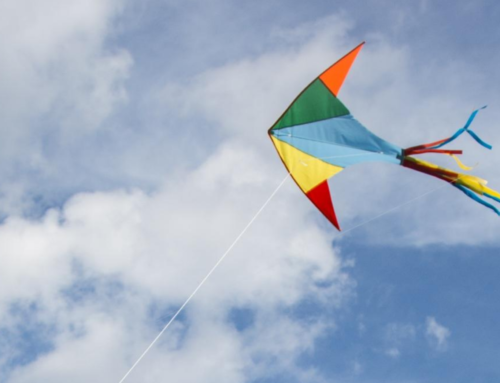
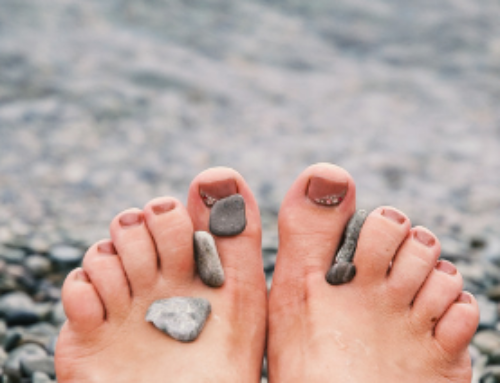
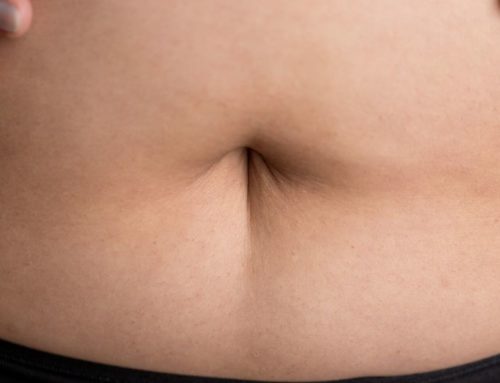

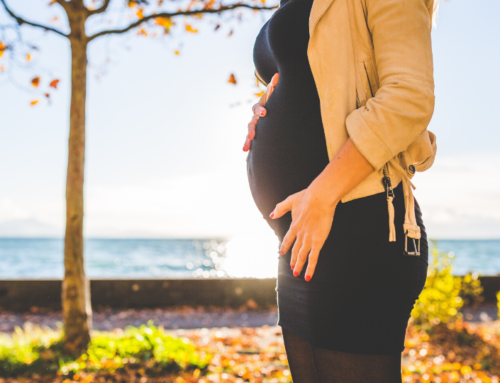
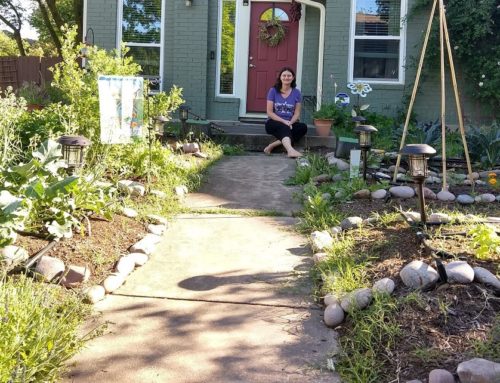
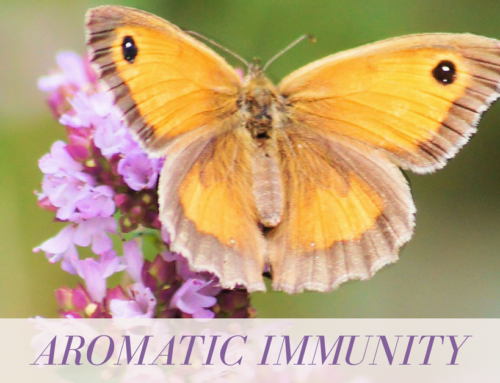
You mention that adverse reactions are happening a lot from oral consumption of EO advised by essentially sales reps. Has any work been done to compare usage patterns (route of administration, EO quantity, dilution/encapsulation method) that caused the issues with several references to see where they fall in each? For example, there is the EO Safety book by Tisserand, EO Desk/Pocket Reference (Life Science Publishing), The Healing Intelligence of Essential Oils (Schnaubelt). I wonder if the problems are being caused by verbal advice or if they are actually following a printed guide in a published book. (Please don’t take my list of books to say that I think that they are all of equal quality, I don’t have enough knowledge to make that assessment yet. I know that one of them is tied to a US company that suggests oral use. I don’t own any of them, at least not yet.)
Brian – I haven’t seen a usage comparative report. Here’s a limited report that was released earlier this year from a reputable school: http://www.atlanticinstitute.com/injury-report-2014.
I highly recommend Tisserand’s second Essential Oil Safety book and think anyone considering DIY usage should have this book for reference. Tisserand does indicate oral LD information but does not go into therapeutic oral dosing. Good luck with your continued research!
Do you know how to find practitioners in the US that can prescribe oral oils for an infection? I have terrible reactions to antibiotics and need to treat an unusual bacteria I picked up overseas. Thank you!
Yes, you’re looking for an Aromatic Medicine practitioner that either has a license to prescribe or can fill a prescription from your physician. If you’re in the Austin area feel free to reach out to me! I do co-consult with local prescribers.
Dear Amy,
I love Aromatherapy very much. I live in Shanghai, China now. I got certified by IFPA last month. I will stay at Paris from June 9 to 13, and want to visit some college/factory/shops/…which can bring benefit my continuous study on Aromatherapy , do you have any resource to recommend?
Regards,
Demi
Demi – my colleague Sharon Falsetto from Arizona blogged on her trip to Paris where she visited a perfume museum, she writes about it here: http://sedonaaromatherapie.com/blog/2012/04/20/aromatherapy-french-trip-perfume-museums-in-paris/. Enjoy Paris, it’s a beautiful city!
thank you for sharing the voice of caution and reason about internal usage of essential oils. i see everyone demanding caution with diluting topically applied oils but showing no caution whatsoever when it comes to internal usage or over dilution! thank you!
Hi, I am currently doing clinical rotations in hospital as Respiratory therapy student. I feel a loss of options for patients besides using drugs. I’ve heard that essential oils and certain foods could help with asthma and other respiatory issues. Wish USA had some educating school on these things besides companies that do this as mutli-level marketing option.
We do have training here in the U.S., Nicole. You may wish to read my more recent article outlining my training in aromatic medicine: https://www.thebarefootdragonfly.com/aromatic-medicine-internal-dosing-of-essential-oils/.